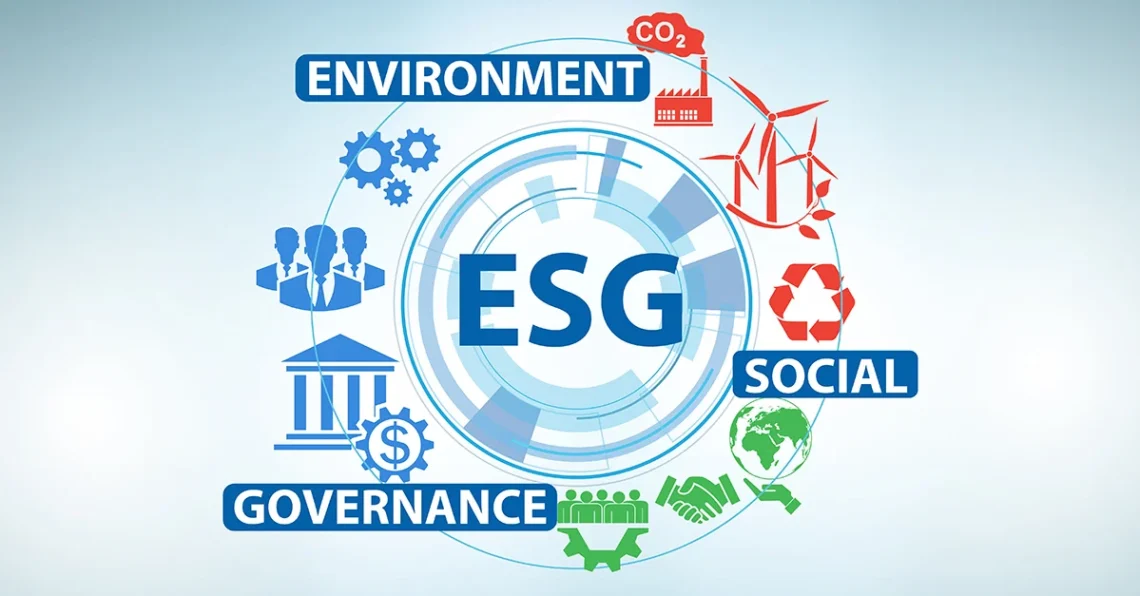
ESG – What should be top of your mind in 2024?
In 2023, the landscape of Environmental, Social, and Governance (ESG) faced challenges and debates regarding its scope and alignment with long-term investor interests. Despite this, business leaders maintained a focus on how ESG issues affect corporate reputation, risk management, and overall value.
Regulatory trends around ESG continued to progress globally, with notable developments such as the EU’s Corporate Sustainability Reporting Directive (CSRD) and the emergence of the International Sustainability Standards Board (ISSB). The US also saw regulatory fragmentation, particularly regarding ESG investment considerations and diversity.
The year 2024 marks a significant shift as more mandatory ESG requirements come into effect, increasing potential liabilities for companies. The ISSB’s standards are gaining traction internationally, while the US SEC is finalizing proposed regulations on climate disclosure and ESG funds.
Expectations for increased enforcement and litigation in the ESG space are on the rise, with regulations extending to private companies as well. Companies will need to exercise discretion in their ESG strategies amidst global elections and geopolitical tensions.
Board oversight of ESG matters will face heightened scrutiny, especially as companies race to meet ambitious climate goals. The role of Artificial Intelligence (AI) in ESG considerations and regulators’ priorities will also become more central.
Furthermore, ESG regulations are expanding beyond traditional jurisdictions, requiring businesses to focus on ESG throughout their value chains. Value chain transparency and sustainability are becoming focal points, driven by regulatory requirements and consumer demand for ethically sourced products.
As the ESG landscape grows, businesses will rely more on ESG rating agencies and consultancies to navigate evolving regulatory frameworks. Scrutiny of greenwashing practices will continue, prompting companies to adopt more nuanced approaches to their ESG efforts.
Finally, the focus on “green beyond climate” areas, such as natural capital and circular economy, is expected to grow, driven by regulatory interest and investor demand.
In conclusion, navigating the dynamic landscape of ESG in 2024 will require companies to adopt integrated and nuanced approaches, understand cross-jurisdictional regulatory requirements, and engage with stakeholders effectively to address environmental and social risks and opportunities.





